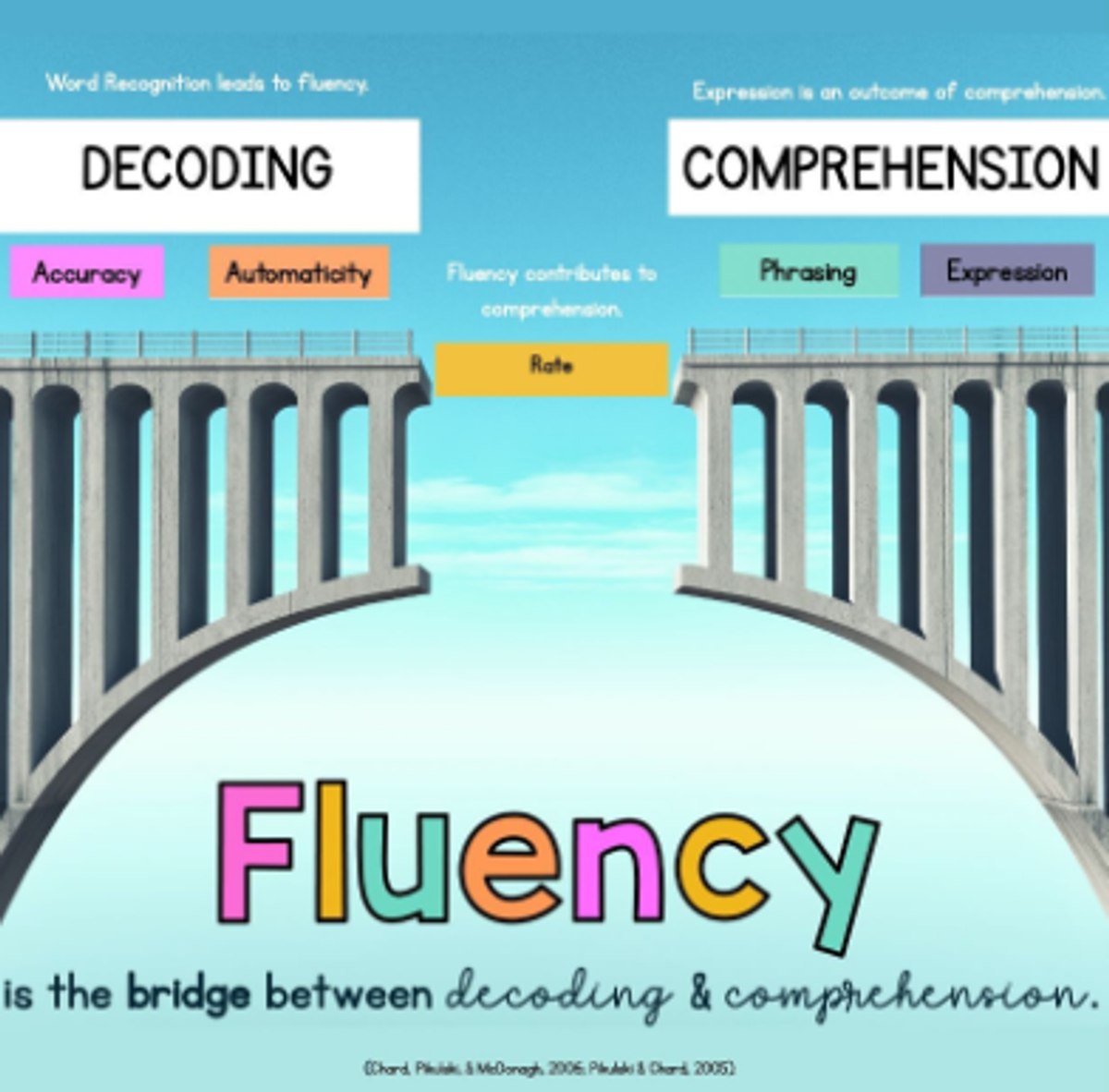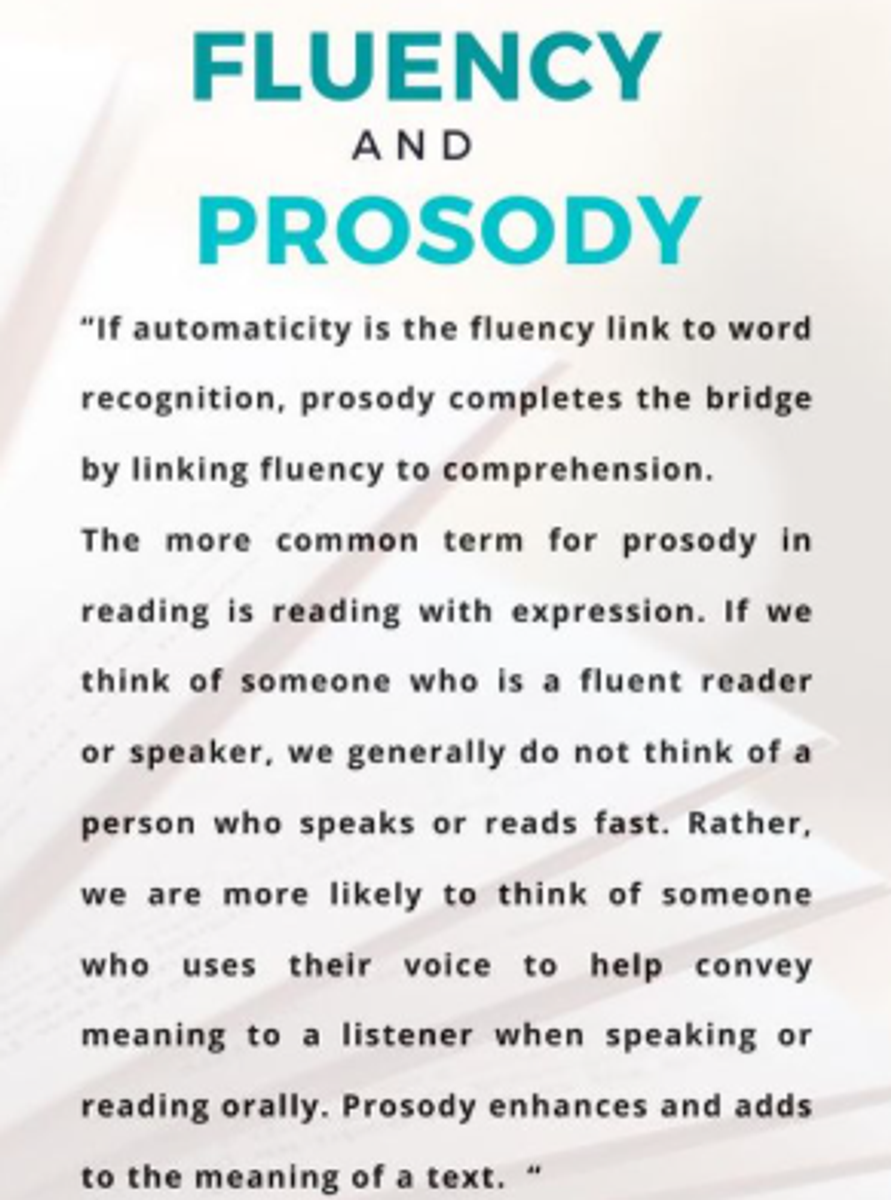MACS Flourishing Learners - Vision for Instruction

Supporting Reading Fluency in Older Readers
As children move beyond the early years of reading, fluency remains an essential skill. Even older readers who can “decode” words accurately still benefit from focused fluency practice. Why? Because fluency isn’t just about reading quickly—it’s about reading with accuracy, appropriate pacing, and expression, all of which support deeper comprehension.
What the Research Says:
Current research shows that fluent reading allows students to focus more fully on meaning, inference, and critical thinking. For older readers, fluency is closely tied to vocabulary development, understanding complex sentence structures, and the ability to navigate longer and more challenging texts with confidence.
How Parents Can Help at Home
*Encourage Reading Aloud: Even older children benefit from reading to someone. Choose short, engaging texts (like poetry, picture books, or powerful paragraphs from novels) to practise phrasing and expression.
*Use Paired Reading: Take turns reading paragraphs or pages. You can model fluent reading, and your child can mimic tone, pace, and phrasing.
*Talk About the Text: After reading, have a quick chat. Ask, “What did you picture during that part?” or “Did that sound like a character’s voice?” to link fluency with meaning.
*Practice with Purpose: Ask your child to rehearse reading a favourite page or short passage like a performance. This gives fluency practice a goal and often builds motivation.
*Listen to Audiobooks Together: Hearing skilled readers brings text alive and can help students internalise what fluent reading sounds like—especially for more complex texts.
Remember, fluency for older readers isn’t about being fast—it’s about being clear, expressive, and thoughtful. With encouragement and regular practice, your child’s fluency will continue to grow along with their comprehension and confidence.





